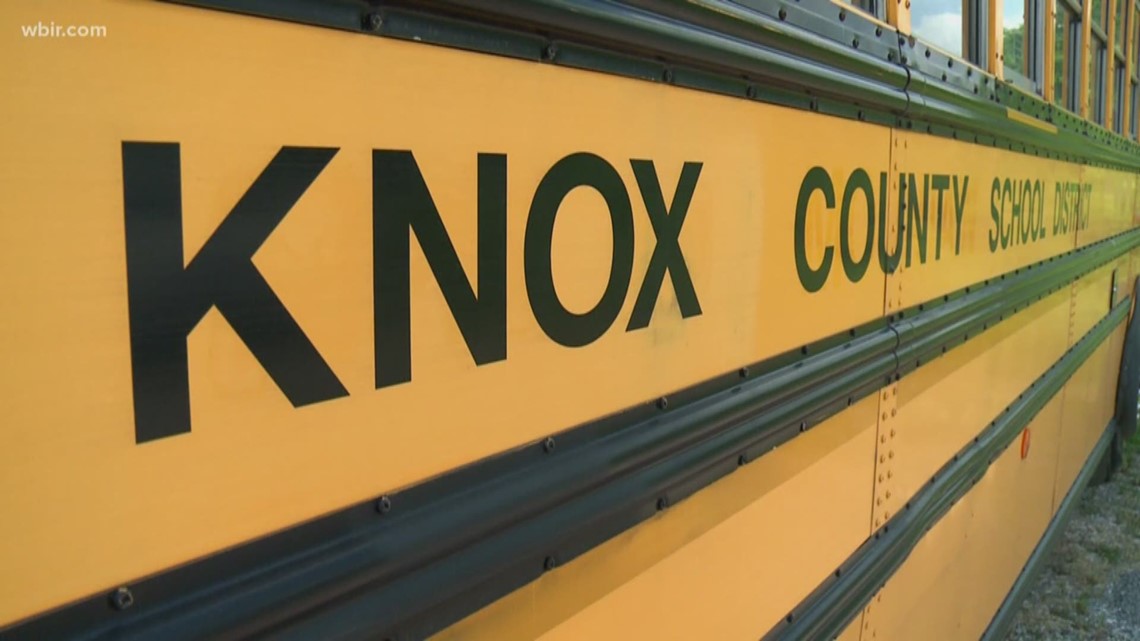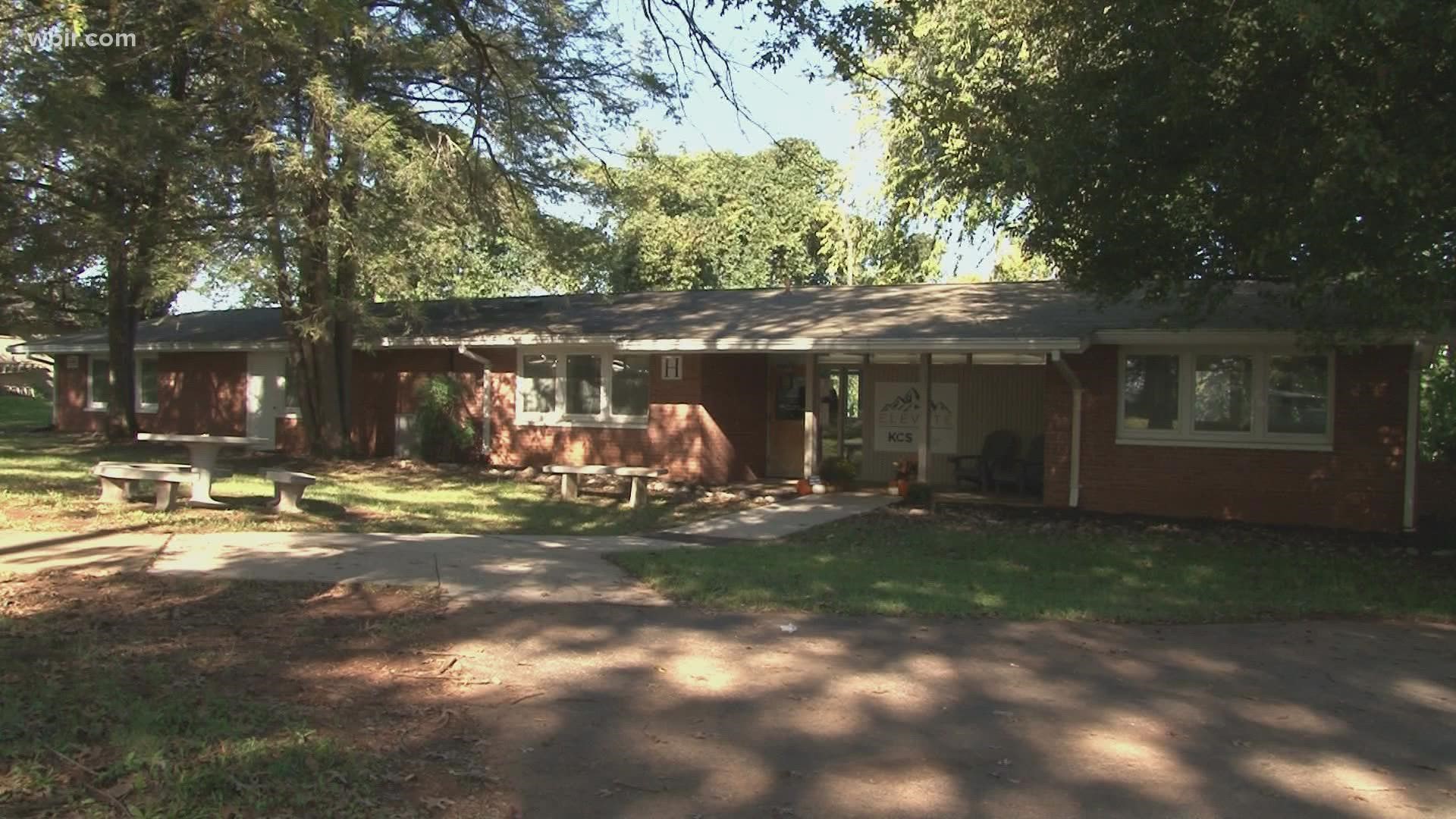KNOX COUNTY, Tenn. — There are only 43 recovery high schools nationwide and none of those are in Tennessee. A new program in Knox County that launched Monday is the first of its kind in the state geared to help students with addiction.
Close to 10 high school students are enrolled in the county's new Elevate Program, which was launched by the McNabb Center.
The Elevate Program has been in the works for months and is designed to help students succeed academically while overcoming addiction. Organizers said they have high hopes it could make impactful change across Tennessee.
To mitigate the local opioid crisis, leaders said they knew they need additional resources meant specifically for youth. Some University of Tennessee professors played a big role in the program's creation.


Faculty members Jennifer Tourville and Shandra Forrest-Bank were involved from the start of Knox County's first recovery high school.
"These youth have an addiction, have a brain disease,” said Forrest-Bank.
"It's treatable and with support, they can be successful and realize their potential. They need us to build a pathway in their community," Tourville said.
Local data shows drug and alcohol use can start as early as middle school. More than 6% of students had taken unprescribed medication, and 1-in-12 had tried marijuana.
"We know this is new in Knoxville, a unique context," said Tourville.
She leads UT's Substance Misuse Community of Scholars, which helped launch the initiative as well as a partnership among Knox County Schools, the McNabb Center and the Metro Drug Coalition. She will lead a program evaluation in the years to come, along with Forrest-Bank.
"There are so many different programs across the country and some are successful, and some aren't," said Tourville.
They said they will focus on what is and isn't working in their evaluation. The goal of the program is to lead students into higher education and combat the stigma associated with substance abuse.
A class of UT students helped design every marketing aspect for the program and officials said they hope to develop a collegiate recovery program in the future. To learn more about the program, click here.

